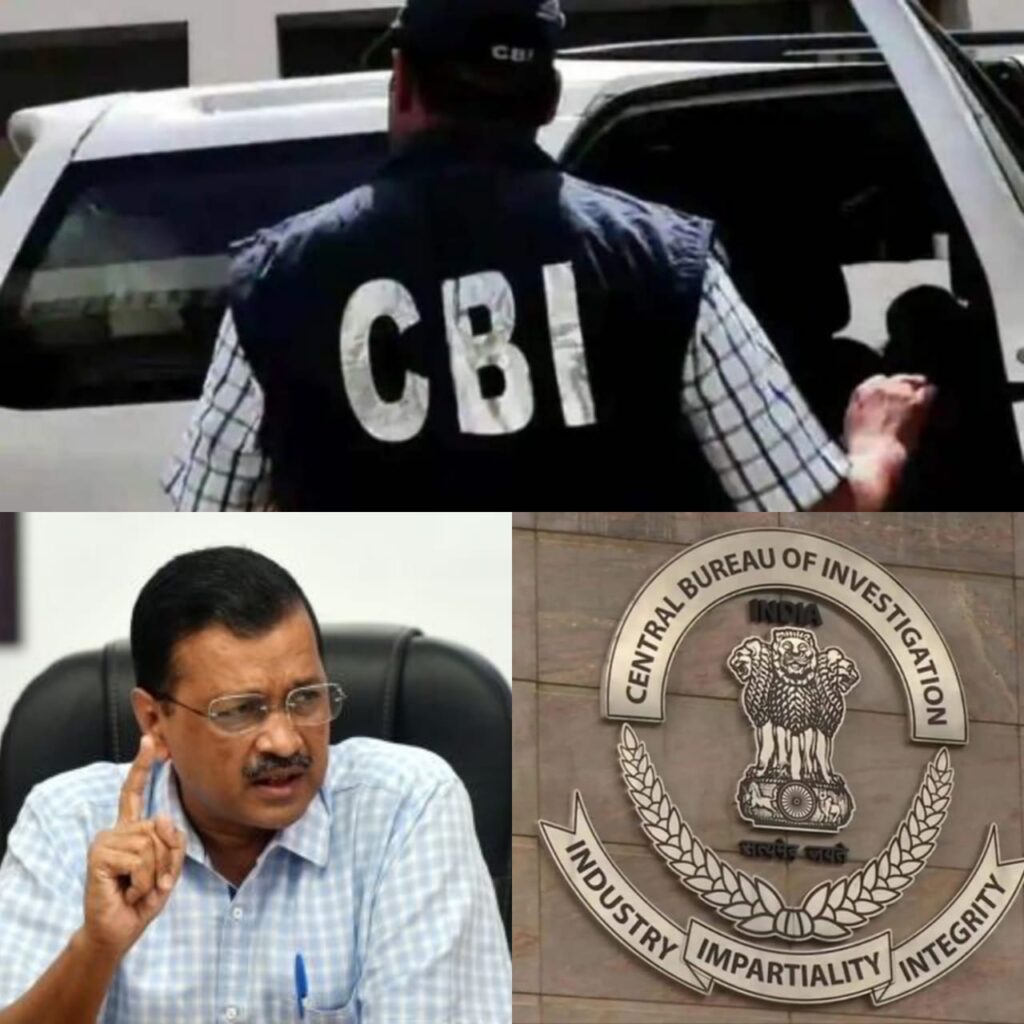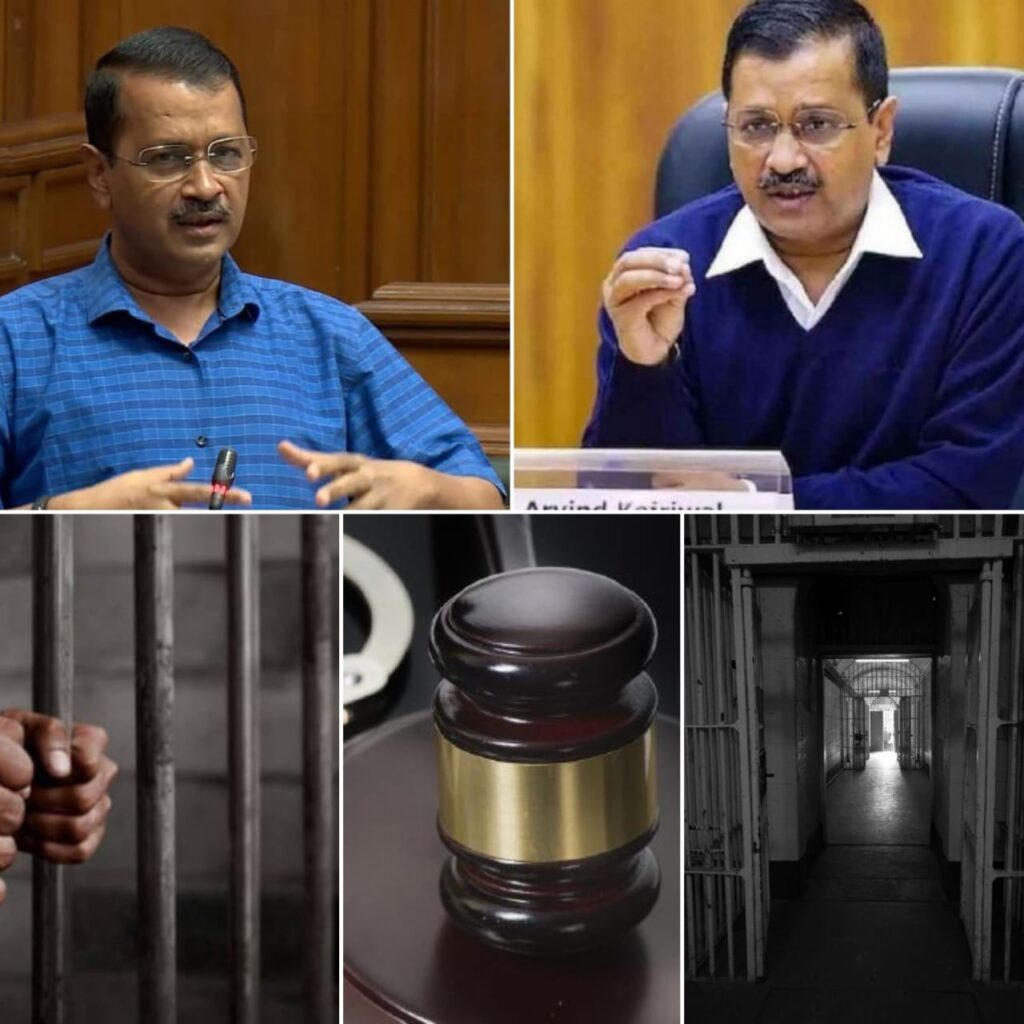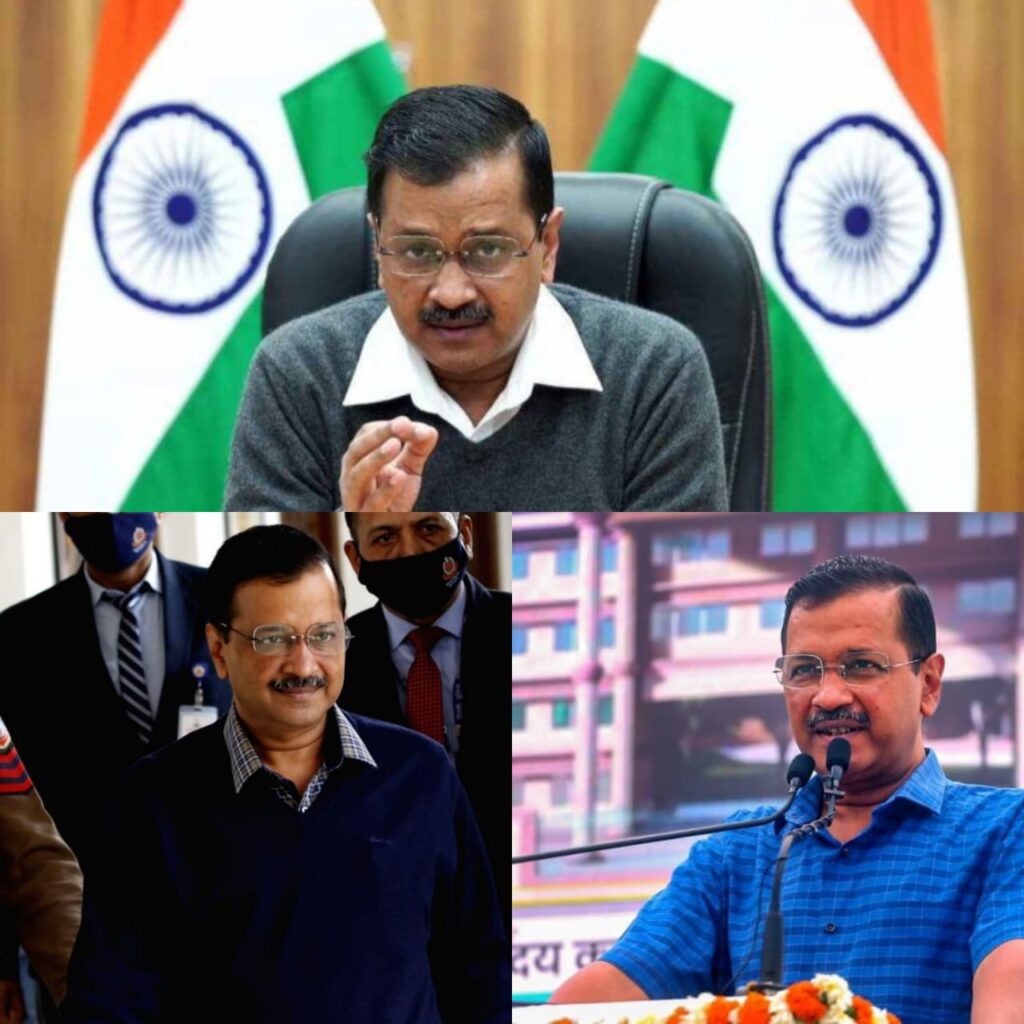

Arvind Kejriwal’s CBI arrest ‘insurance arrest’ vs release in ED case, argues Singhvi; Delhi HC reserves verdict
The Delhi High Court on Wednesday reserved its verdict on a plea filed by Chief Minister Arvind Kejriwal challenging his arrest by the Central Bureau of Investigation (CBI) in a corruption case related to the liquor policy matter.
Justice Neena Bansal Krishna also reserved the order on Kejriwal’s interim bail plea.
Senior advocates Abhishek Manu Singhvi, N Hariharan and Vikram Choudhary represented Kejriwal. Special Public Prosecutor (SPP) DP Singh was the counsel for the CBI.
Singhvi argued that Kejriwal’s arrest by the CBI was an ‘insurance arrest’, following the interim bail granted by the Supreme Court on Friday in connection with the ED case under the Prevention of Money Laundering Act (PMLA).
Singhvi asserted that despite the interim bail granted by the Supreme Court, Kejriwal is “back to square one again because of the insurance arrest.” “Because those who want him, by whatever means, are behind bars,” he said. Singhvi further said that there are three release orders in favour of Kejriwal and therefore suggested that the CBI arrest was an insurance arrest. He pointed out that the CBI’s plea before the trial court to arrest Kejriwal did not mention any provision under which they wanted to arrest, nor was any prior notice given to Kejriwal. Citing the trial court order, Singhvi said the exercise of discretion is in only one paragraph, without giving Kejriwal an opportunity of being heard or any prior notice.
He argued that the CBI had the same evidence during the interrogation of Kejriwal in the case and at the time of his arrest. He stressed that Kejriwal passes the triple test for getting bail i.e., there is no risk of tampering with evidence, there is no risk of him fleeing and he will cooperate in the investigation. He further said that Kejriwal’s blood sugar level has gone down. CBI counsel DP Singh said that the use of the term ‘insurance arrest’ was not appropriate. He argued that several petitions and applications have come before the court and till date no comment has been made about any violation by the CBI.
On the issue of not serving notice to Kejriwal, Singh argued that as per Delhi Jail Rules, it is mandatory to take court’s permission to question a person in court custody. He said the CBI is not required to serve notice to Kejriwal in advance.
“On June 24, I gave him a checkup but didn’t put him under arrest. I could have used my Section 41 right to make an arrest if there had been an insured arrest. But I did not do that. We come back and assess his statement. And then we decide whether we have to arrest him,” he said. Singh further argued that the CBI has the right to decide the time to summon the accused.
He pointed out that Kejriwal’s role was not clear earlier, as the excise policy fell under the jurisdiction of the excise minister. However, whenever his involvement became relevant, the CBI summoned him. He said the main people involved in the case, Amandeep Dhall, Manish Sisodia and K Kavitha, have been denied bail by the High Court.By accusing others during questioning, Singh claimed Kejriwal was attempting to sabotage the CBI investigation. Singh argued that the court will have to look into the chargesheet to grant bail. He said the CBI is in the final stages of preparing the chargesheet against Kejriwal. Singh argued that it would be logical if bail is first debated in the trial court. “That court should be the first court which should have logical reasons to grant or not grant bail. I am not arguing on bail because I will wait for your decision on whether the arrest was legal or not,” he said. While reserving the order on Kejriwal’s petition challenging his arrest and interim bail, Justice Krishna fixed July 29 as the date for hearing on the chief minister’s regular bail plea. Kejriwal has directly approached the high court for bail without approaching the trial court.
He is being held by the courts in connection with the purported scam’s money laundering and corruption cases. Recently, the Supreme Court has granted interim bail to Kejriwal in the money laundering case, while his petition challenging his arrest by the Enforcement Directorate (ED) has been referred to a larger bench. On June 26, vacation judge Amitabh Rawat had sent the chief minister to CBI custody for three days.
He had said that the arrest cannot be termed illegal at this stage. However, the judge had said that the arrest was not illegal but the CBI should not be overzealous. Later on June 29, vacation judge Sunaina Sharma sent Kejriwal to judicial custody as the CBI did not seek his further remand at this stage. The investigating agency questioned the chief minister in Tihar jail, where he is lodged in judicial custody in connection with a money laundering case being probed by the Enforcement Directorate (ED). Kejriwal’s statement

